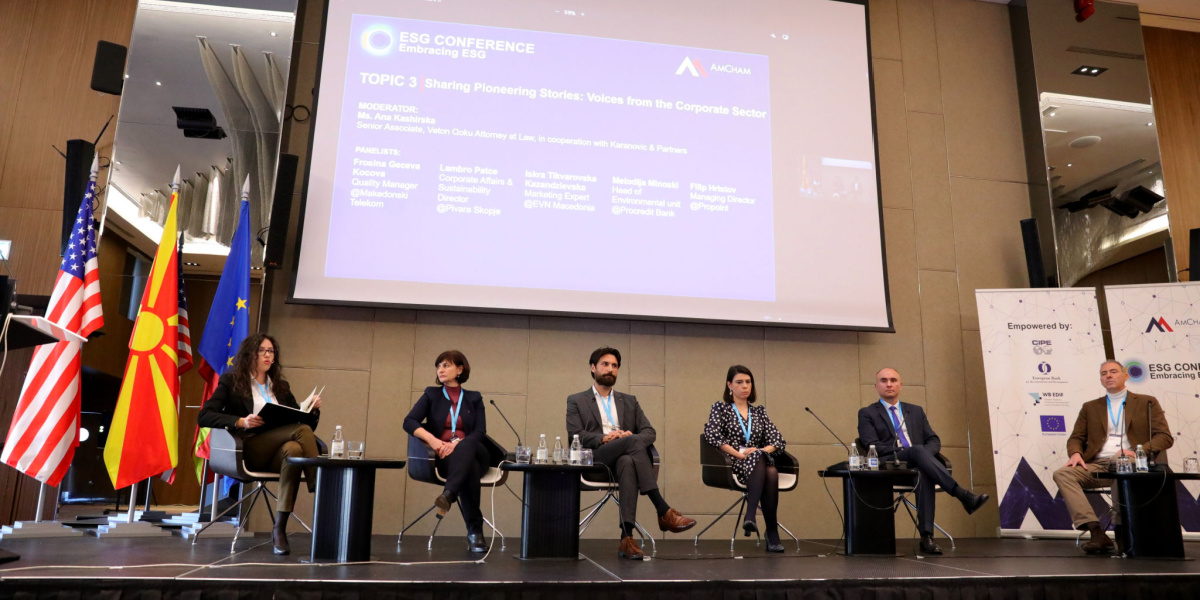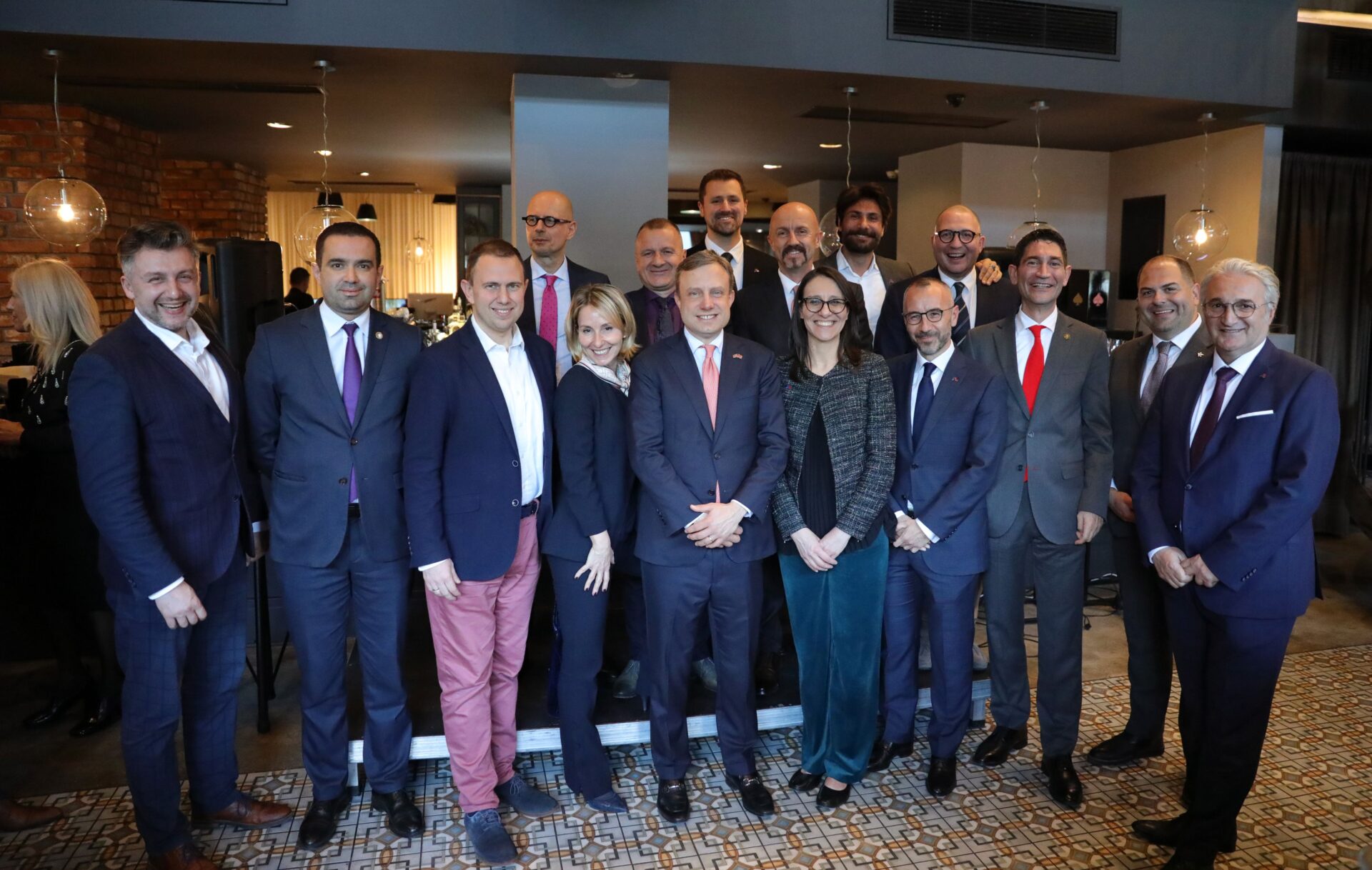Western Balkans countries, along with their businesses, are confronted with the pressing challenge of enhancing innovation, competitiveness, and economic growth to align with the European Union and achieve full EU membership. In this context, chambers of commerce and business associations play a vital role in supporting enterprises, fostering public-private dialogue to address business concerns with national governments, and advocating for their needs with EU institutions throughout the EU accession process. This analysis provides a comprehensive overview of the business chamber landscape in the Western Balkans, highlighting its networks, alliances, key issues, and opportunities to strengthen advocacy efforts aimed at realizing the objectives set for EU integration.
The presentation of the “Assessment of the State of Public-Private Dialogue & the Private Sector in the Western Balkans” supported by CIPE and conducted by Elson Solutions, featured insights derived from an extensive analysis conducted between September and December 2024 across the six countries of the Western Balkans. This report included network analysis, interviews with chamber representatives and industry experts, innovation metrics, and reviews of key strategic documents such as Reform Agendas and the Common Regional Market Action Plan 2.0, all of which are instrumental in driving the EU accession dynamics for the WB6.
Key aspects of the presentation ware:
- A detailed examination of the primary challenges and opportunities facing businesses in the WB6 in the context of EU accession.
- An evaluation of the key strengths and weaknesses of business chambers throughout the WB6 in supporting local enterprises.
- An exploration of the networks and alliances formed among the 130+ business chambers in the WB6 that exhibit the highest advocacy potential.
- An in-depth analysis of the business chamber ecosystem in North Macedonia, highlighting its specific strengths and weaknesses.
- Recommendations aimed at enhancing the advocacy role of business chambers in the EU accession processes.








